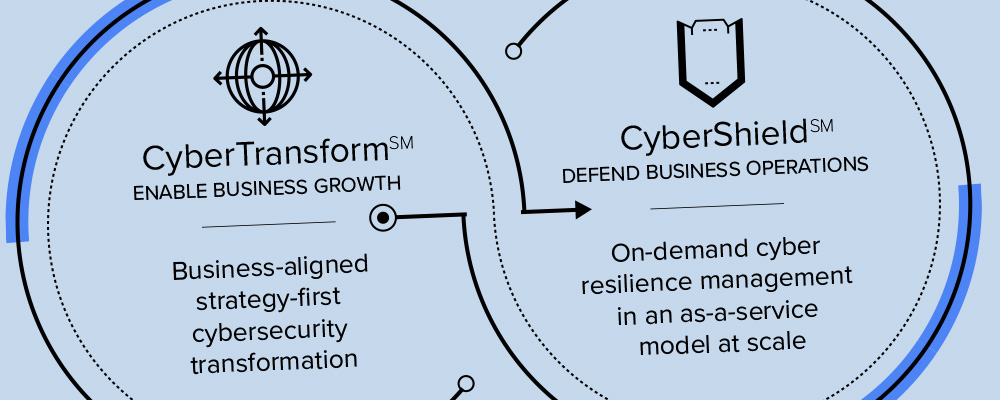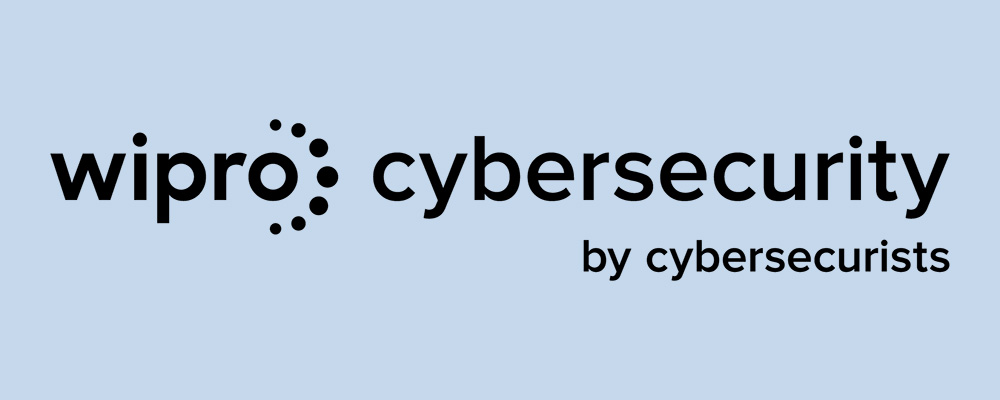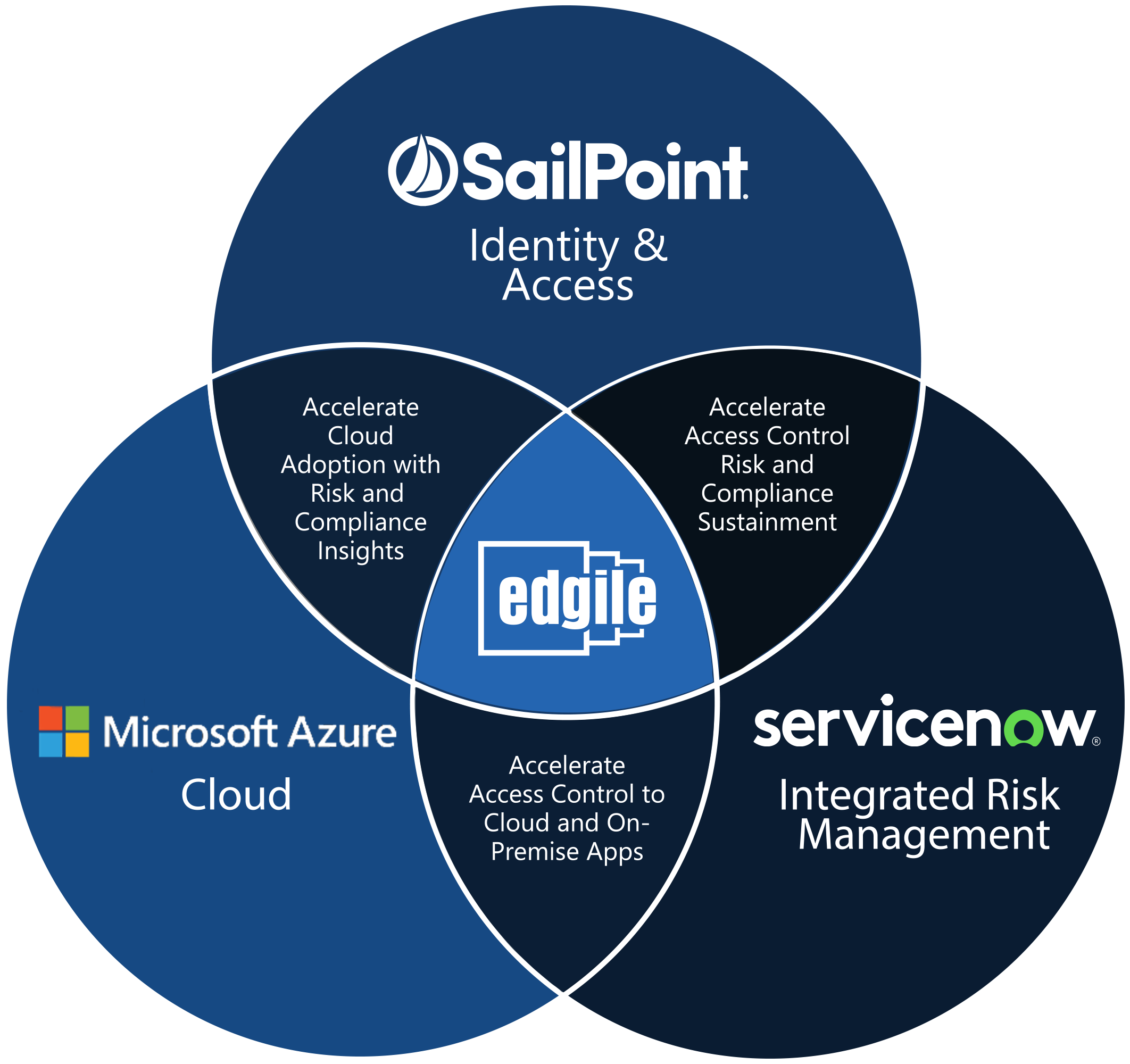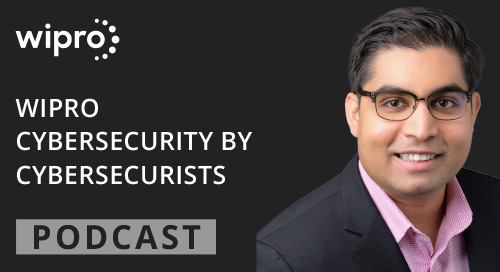Few technology trends in 2023 have generated as much attention — and concern — as generative AI.
Much of the focus has been on public GenAI models, including ChatGPT, BingChat and Google Bard. But these public apps open the doors to serious cybersecurity risks, such as leaking sensitive data enabling competitors to access trade secrets and coding issues that can inadvertently create backdoors and other security holes.
Listen to Wipro senior partner Saugat Sindhu discuss the best ways to execute a generative AI strategy today, including the pros and cons of using a private, closed-loop GenAI system.
Sindhu talks about how security leaders should evaluate and select a private AI system for employees, contractors and third-party partners. You’ll learn why it’s important for the CISO to monitor and manage the GenAI system as it learns and expands from user inputs, and why it’s critical to ensure that proprietary information does not become part of the model’s off-the-shelf content.
About Saugat Sindhu
Saugat currently serves as Global Head for Wipro cybersecurity and risk services Strategy and Risk practice. He is responsible for leading a team of diverse professionals providing clients business advisory, technology enablement and intelligent automation based transformation, co-sourcing, and managed services focused on Cybersecurity & Risk Strategy, Governance Risk & Compliance (GRC), Third Party Risk Management (TPRM), Data Privacy, Enterprise Security Architecture and Enterprise Resource Planning (ERP) Platform Security.
About the host
Evan Schuman, a veteran IT journalist, currently writes for DarkReading and Computerworld. His byline has appeared in articles for numerous media companies, including The New York Times, Associated Press, Reuters, SCMagazine/SCMedia, VentureBeat, TechCrunch, and eWEEK. Evan has been been quoted on security issues in The Wall Street Journal, The Washington Post and Time, among others. He has consulted on cybersecurity content issues for Microsoft, Capital One, BlackBerry, Harvard Business Review, SAPPfizer, Oracle, AT&T JPMorgan, HP Dell and MIT, and regularly lectures on cybersecurity topics at Columbia University and New York University.


















